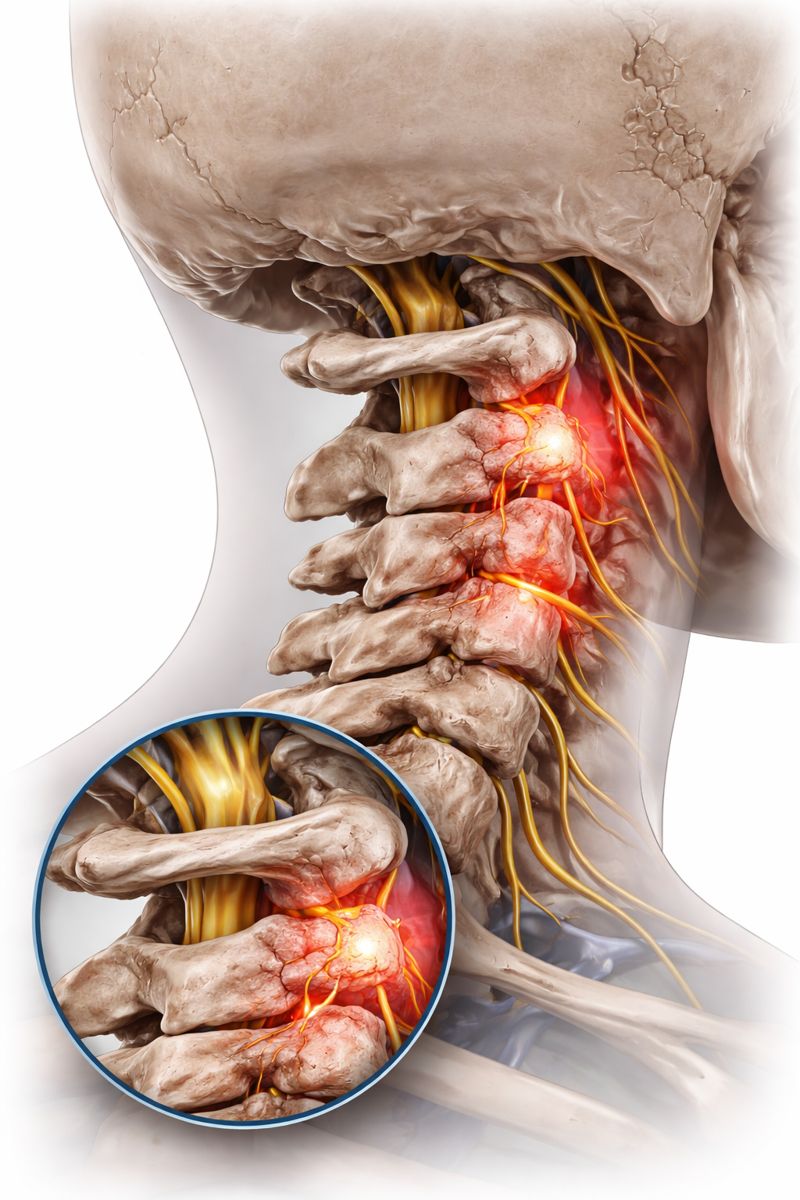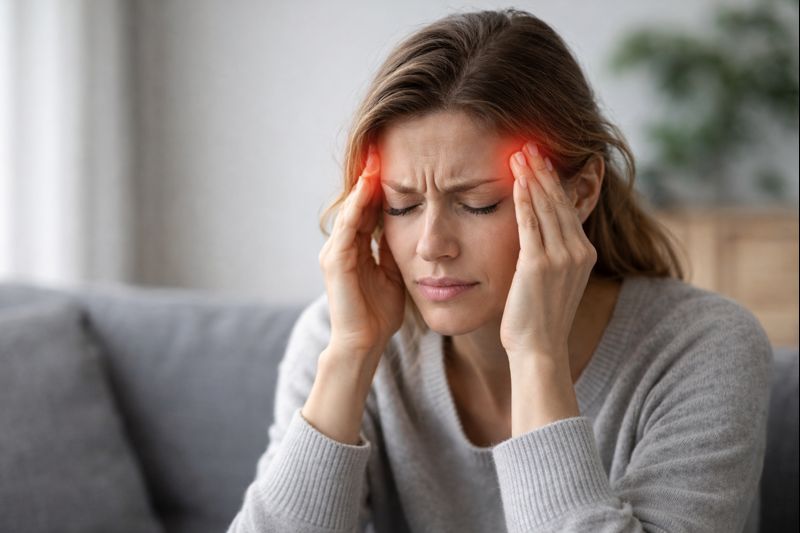
There are many possible causes of both neck pain and dizziness, so it can be difficult to pinpoint the exact connection between the two. However, there are some commonalities that might help explain the link. For example, poor posture or an injury to the cervical spine (the neck area) can lead to both neck pain and dizziness. Additionally, cervical vertigo, a type of dizziness specifically related to the neck, is a common cause of both neck pain and dizziness. Additionally, cervical vertigo, a type of dizziness specifically related to the neck, is a common cause of both neck pain and dizziness. Finally, certain neck disorders can also lead to both neck pain and dizziness.
Do you experience neck pain and dizziness? If so, you are not alone. Many people suffer from this combination of symptoms. It can be difficult to tell whether the dizziness is caused by the neck pain or if they are two separate issues. In this blog post, we will discuss Cervicogenic Dizziness – a type of dizziness that is caused by problems in the neck.
There is no single diagnostic test for cervicogenic dizziness, but your doctor may order tests to rule out other causes of your symptoms. These tests may include imaging studies of your head and neck, blood tests, and balance testing. Your doctor will also ask about your medical history and perform a physical exam. Based on all of this information, your doctor may diagnose you with cervicogenic dizziness.
By downloading the Digital Patient Chart mobile app you can better control your patient portal.
Cervicogenic dizziness: Causes, symptoms, and treatment options
Causes
There are many possible causes of cervicogenic dizziness, and it can often be difficult to pinpoint the exact cause. However, some possible causes include:
- Problems with the bones or joints in the neck
- Muscle tension or spasms in the neck
- Nerve compression or irritation in the neck
- Injury to the neck
- Arthritis of the cervical spine
Symptoms
Cervicogenic dizziness can feel like a spinning sensation (vertigo), lightheadedness, or both. It is often described as feeling like the room is spinning around you. You may also feel unsteady on your feet or have trouble walking. These symptoms can come on suddenly or gradually. They can last for a few seconds, minutes, or hours. In severe cases, they can last for days or weeks.
Treatment
Treatment options may include:
- Physical therapy
- Exercise
- Chiropractic care
- Massage therapy
- Acupuncture
Upper cervical treatment for cervicogenic dizziness
Upper cervical treatment is a type of chiropractic care that focuses on the top two bones in your spine, also known as the upper cervical vertebrae. These bones are responsible for protecting your brainstem and spinal cord. When they are out of alignment, it can cause a variety of problems, including cervicogenic dizziness. Upper cervical chiropractors use a variety of techniques to realign the upper cervical vertebrae. Once they are aligned, the pressure on the brainstem is relieved and the dizziness should go away.
If you are suffering from cervicogenic dizziness, upper cervical treatment may be able to help you. You can book an appointment with us to see if this type of care is right for you. I hope this article has helped to educate you on the benefits of upper cervical adjustment for cervicogenic dizziness.







Leave a comment